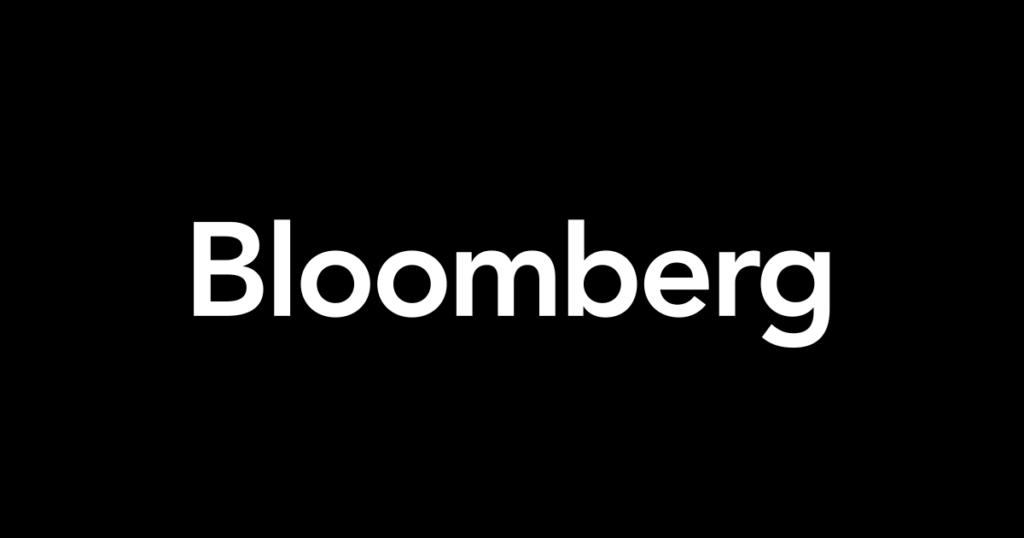(Bloomberg) — Sub-Saharan Africa needs significant additional funding to counter damage wrought by the coronavirus pandemic, bolster its economic recovery prospects and mitigate threats posed by climate change, according to the World Bank.
The regional economy is expected to grow 3.3% in 2021, after contracting by an estimated 2% last year, the Washington-based lender said Wednesday in its latest Africa Pulse report. It raised its gross domestic product forecast by one percentage point from its April report, largely due to better-than-expected commodity prices.
Still, economic growth in sub-Saharan Africa will lag behind that of rich countries due the slow rollout of Covid-19 vaccines, which leaves it vulnerable to new waves of infection, and fiscal constraints that weigh on stimulus measures, it said. Africa is the world’s least-inoculated region with only 4.3% of its 1.2 billion people fully immunized against the disease, Africa Centres for Disease Control and Prevention data show.
Budget support to people and businesses in the region has amounted to 2.8% of GDP since January last year, compared with 17% of GDP in advanced economies, according to the Africa Pulse report. That’s because fiscal constraints that pre-dated the virus left African countries unable to provide adequate stimulus measures to engineer a sustained recovery that delivers jobs and addresses the health and economic needs brought about by the pandemic, it said. It estimated the funding gap at $290 billion in 2020.
“Accelerating the economic recovery in sub-Saharan Africa requires significant additional financing,” the lender said. “This is needed to narrow the unequal recovery path between rich and poor countries. In an environment of continued uncertainty around the coronavirus and its variants, an aggressive fiscal consolidation agenda is counterintuitive and might prove detrimental for long-term growth.”
The bank urged the international community to give African countries more fiscal space by alleviating some of their debt burden.
More Relief
The Group of 20 developed economies’ Debt Service Suspension Initiative for sub-Saharan African borrowers may need to be extended for a second time beyond December 2021 and relief under the common framework should be accelerated, the World Bank said. The initiative has failed to achieve its goal of reducing debt-service costs thus far, with potential savings estimated at only 1% of GDP from January.
New reserves known as special drawing rights, or SDRs, allocated by the International Monetary Fund to its members in August are “a good shot in the arm” but might not be sufficient, with only about 3.6% of the $650 billion distributed across sub-Saharan Africa, the bank said.
“The international community needs to continue exploring different options that would enable rich countries to share their surplus SDRs voluntarily with the poor countries in the region with the greatest financing needs,” it said.
France has committed to reallocating part of its SDRs to Africa. South African President Cyril Ramaphosa has called on rich nations to donate — and not just on-lend — their allotments.
The sub-Saharan region will also need as much as $50 billion each year over the next decade to adapt to climate change, according to the World Bank. While the continent is a relatively low producer of carbon emissions, it’s most vulnerable to environmental shifts due to its high reliance on rain-fed agriculture. Rising temperatures, sea levels and rainfall anomalies heighten the frequency and intensity of natural disasters.
Financing adaptation is more cost-effective than frequent disaster relief and the region should “seize the climate opportunity to adapt and transform its economy” while adopting policies that foster sustainable and inclusive growth, the bank said. Linking climate-related finance to governance reforms could help mobilize resources, it said.
More stories like this are available on bloomberg.com
©2021 Bloomberg L.P.











